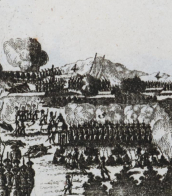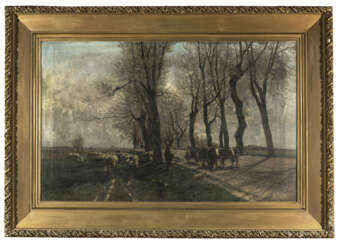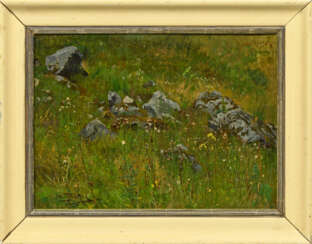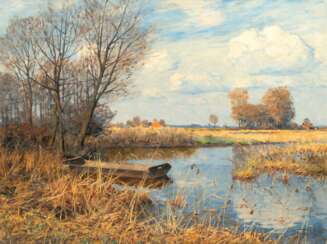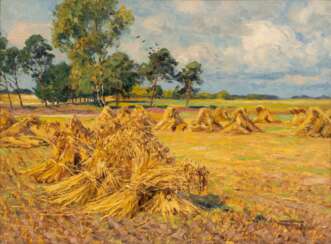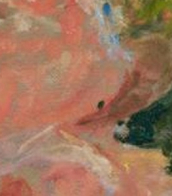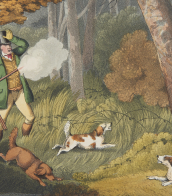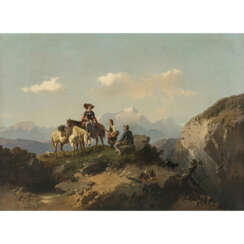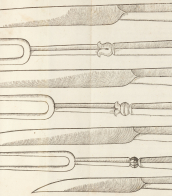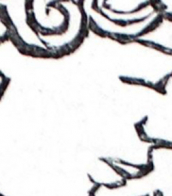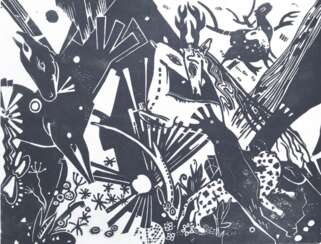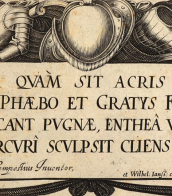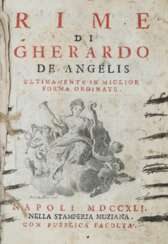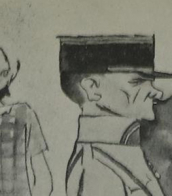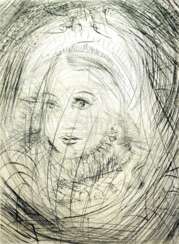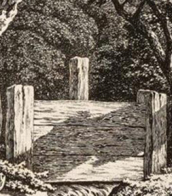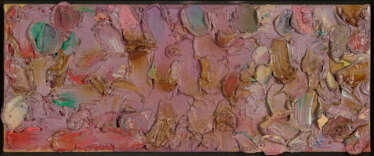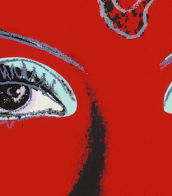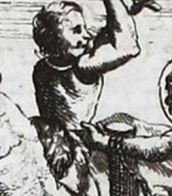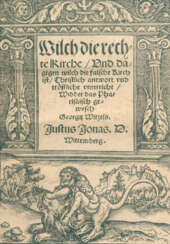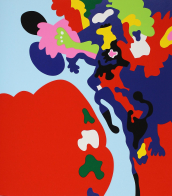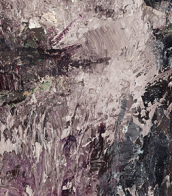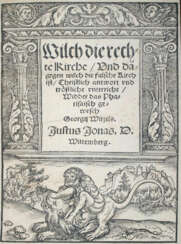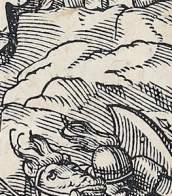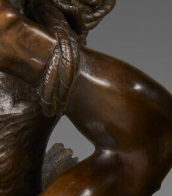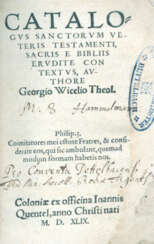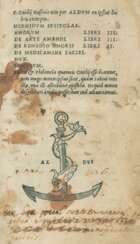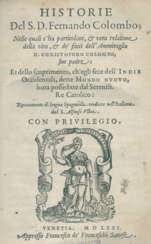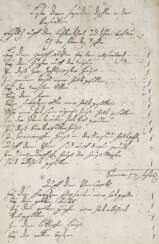strützel &
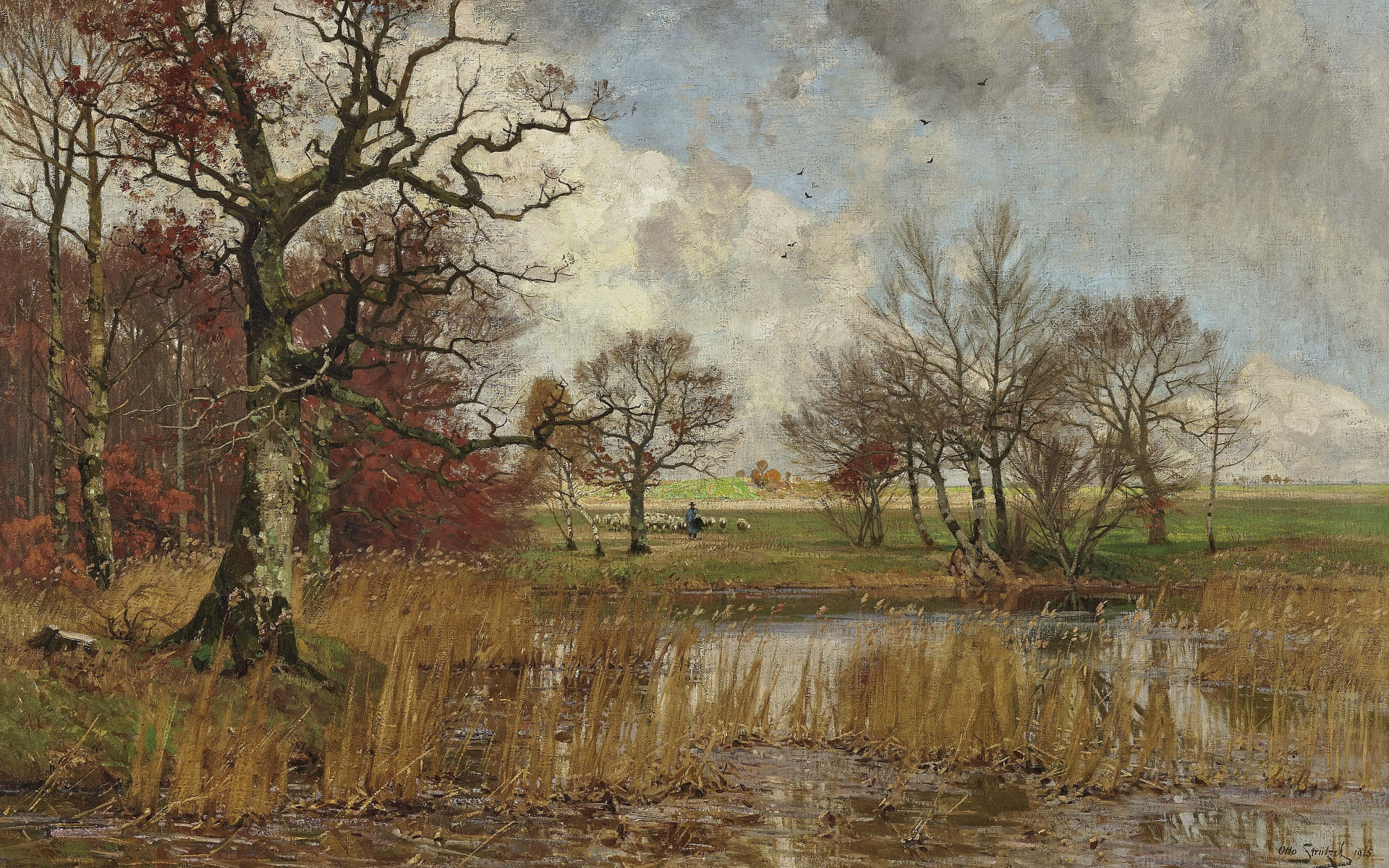
Leopold Otto Strützel was a German artist of the last third of the nineteenth and first third of the twentieth centuries. He is known as a landscape and animal painter, graphic artist and illustrator.
Strützel often depicted horses, bulls, peasants in the fields and shepherds with their flocks in his landscapes around Dachau, on the banks of the Isar River in Munich and elsewhere. He also created templates for greeting cards. Some of his works were lost in a fire in 1931. In total, he created about 773 works.
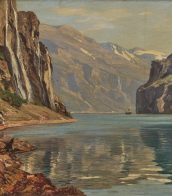

Leopold Otto Strützel was a German artist of the last third of the nineteenth and first third of the twentieth centuries. He is known as a landscape and animal painter, graphic artist and illustrator.
Strützel often depicted horses, bulls, peasants in the fields and shepherds with their flocks in his landscapes around Dachau, on the banks of the Isar River in Munich and elsewhere. He also created templates for greeting cards. Some of his works were lost in a fire in 1931. In total, he created about 773 works.


Leopold Otto Strützel was a German artist of the last third of the nineteenth and first third of the twentieth centuries. He is known as a landscape and animal painter, graphic artist and illustrator.
Strützel often depicted horses, bulls, peasants in the fields and shepherds with their flocks in his landscapes around Dachau, on the banks of the Isar River in Munich and elsewhere. He also created templates for greeting cards. Some of his works were lost in a fire in 1931. In total, he created about 773 works.
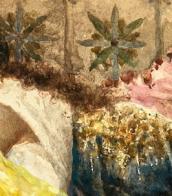
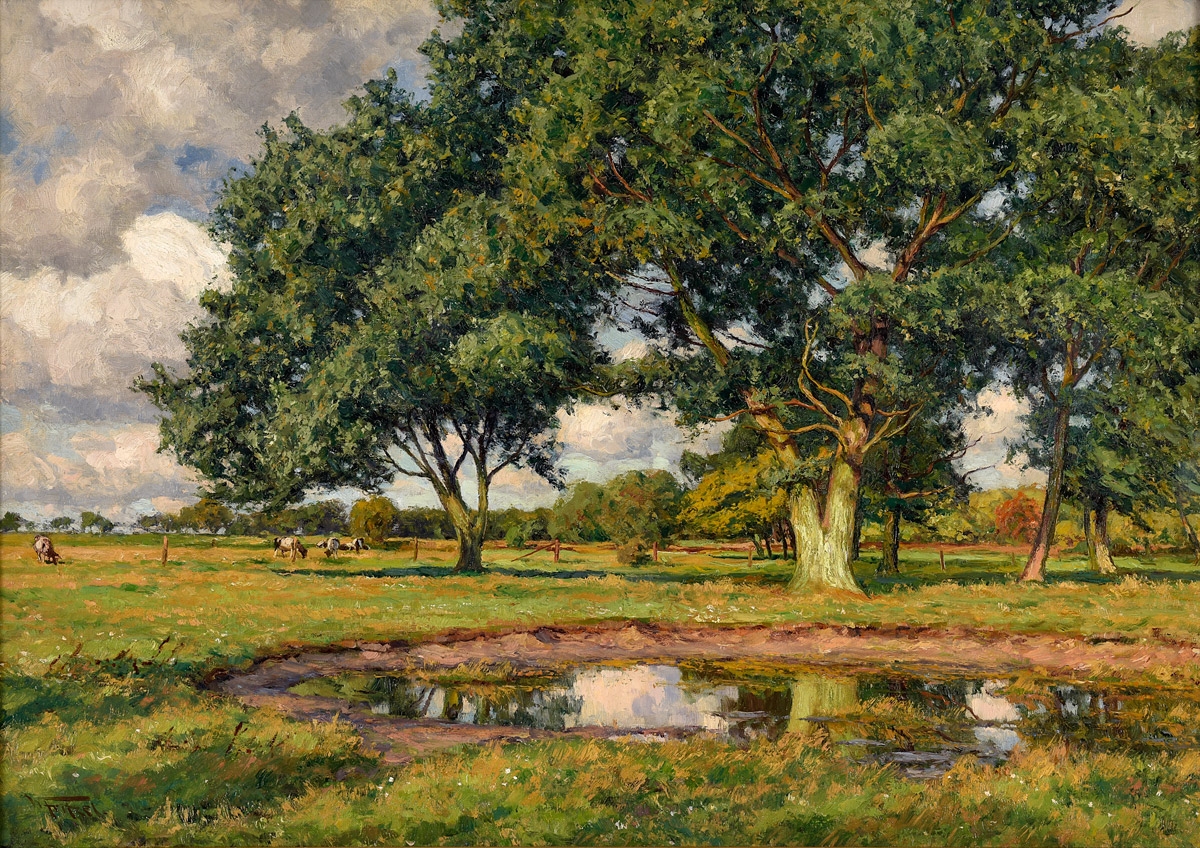
Wilhelm Fritzel was a German impressionist painter and master of rural landscape painting.


Wilhelm Fritzel was a German impressionist painter and master of rural landscape painting.

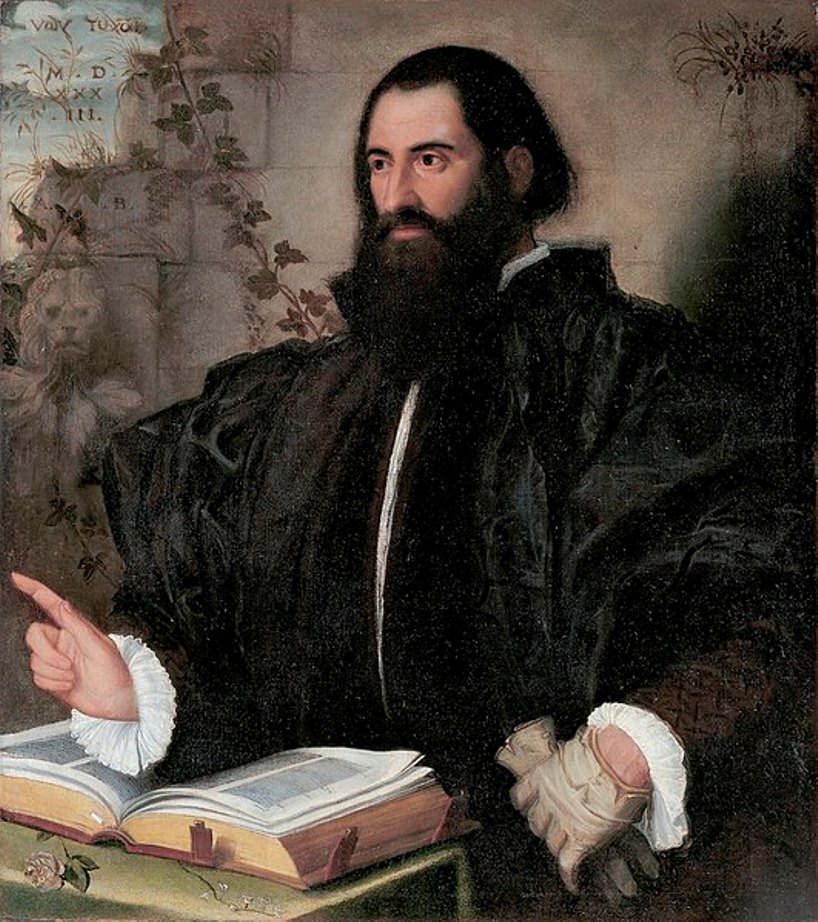
Pietro Andrea Gregorio Mattioli was a 16th-century Italian physician, botanist and pharmacist.
Mattioli studied medicine in Padua and obtained a medical practice first in his hometown. Later, in the 1555-1560s, he served as personal physician to the imperial court of Ferdinand II, Archduke of Austria, and Emperor Maximilian II. This high position allowed him to test the effects of poisonous plants on prisoners for scientific purposes.
Mattioli published several scientific works in which he included many of his own observations on the flora of the Alps, including previously unexplored plants. These works, based on the study of books by predecessor scientists, gave impetus to the development of botany throughout Italy at the time. Mattioli kept up a lively correspondence with other researchers, describing specimens of rare plants received from them. The genus of flowering plants Matthiola is named after Mattioli.

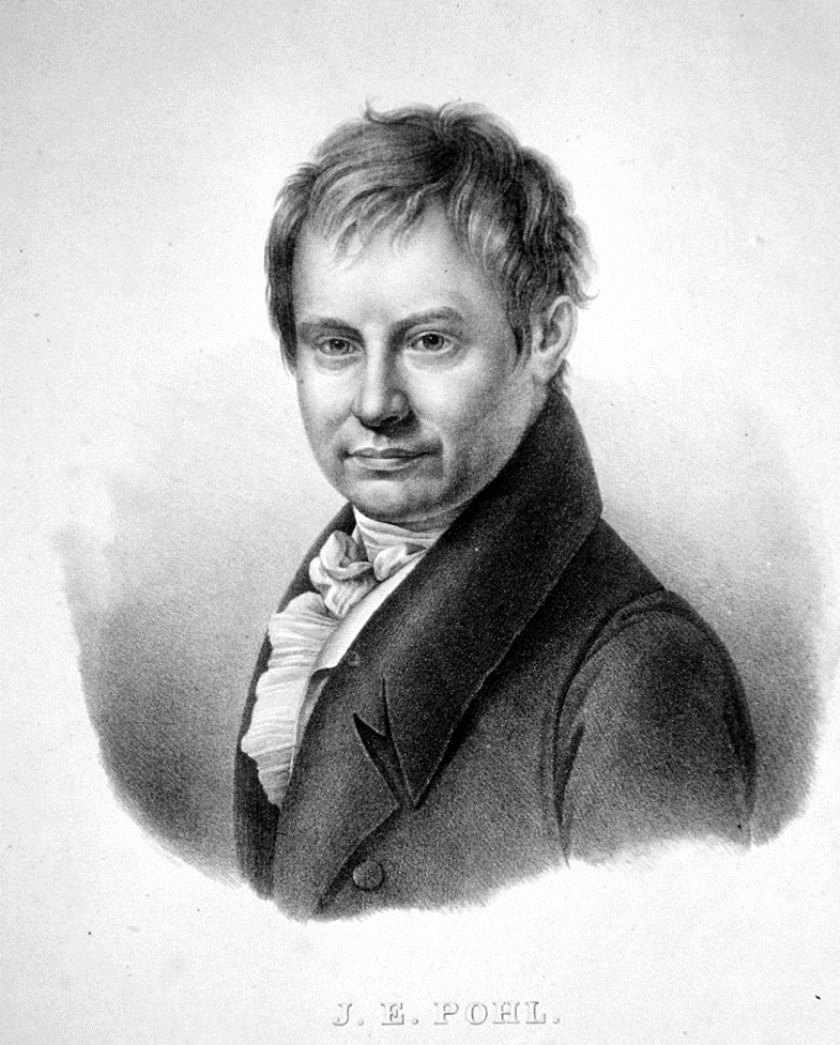
Johann Baptist Emanuel Pohl was an Austrian and Czech scientist, botanist, naturalist, and traveler.
Pohl studied in Prague, earned a doctorate in medicine and practiced science, becoming one of the most prominent botanists in Bohemia. Consequently, he was invited on an expedition to Brazil. Johann Pohl arrived in Brazil in 1817 with the Italian botanist Giuseppe Raddi as part of a large scientific expedition sent by Francis I of Austria, and spent four years traveling through the states of Minas Gerais, Goias, Bahia, and Rio de Janeiro, including some 30 rivers in the country. He collected thousands of plant specimens, as well as studying minerals and zoology, exploring gold and diamond mines, caves, and villages of local people.
After his return to Europe, Pohl served as curator of the Vienna Museum of Natural History and the Museum of Brazil in Vienna until his death. His extensive collections, including some 4,000 plant specimens, were housed here along with the expedition's other scientific collections.

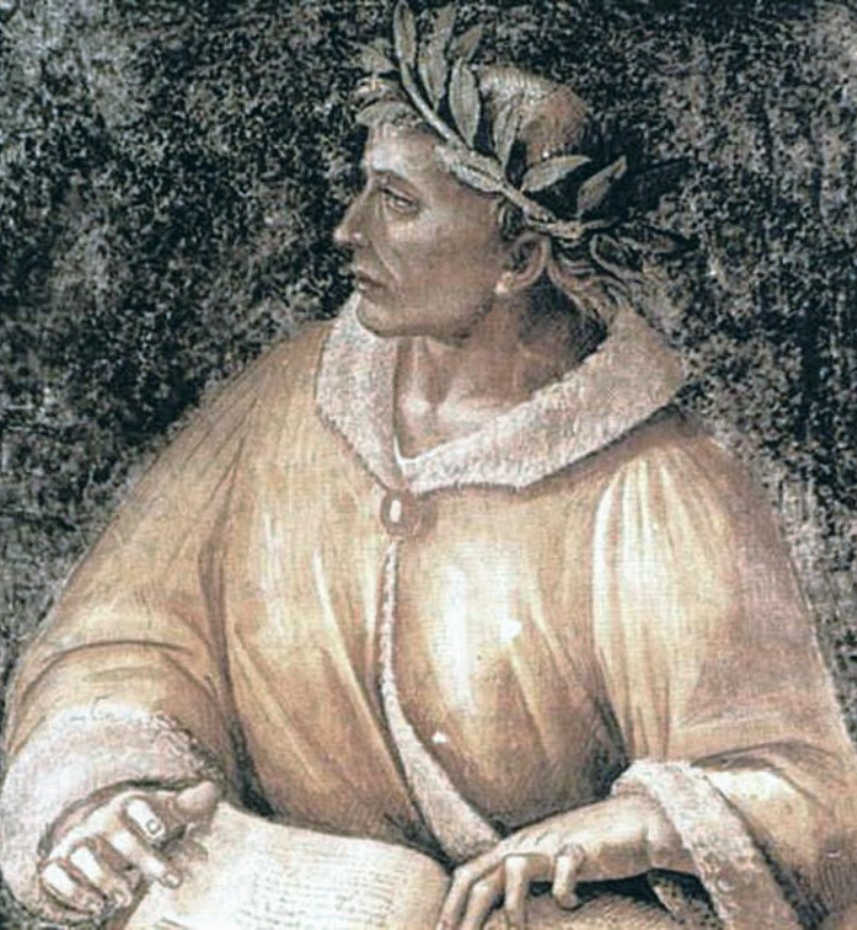
Publius Ovidius Naso, known as Ovidius (Ovid), was an ancient Roman poet who lived during the reign of Emperor Augustus.
Most of the information about the life and work of Ovid, scholars have drawn from his own works, as well as from the works of Seneca the Elder and Marcus Fabius Quintilianus. Ovid was from a fairly high class of "horsemen", studied rhetoric at the maestros of oratory of the ancient Roman Empire, and then went traveling, visiting Athens, Asia Minor and Sicily. As a young man, Ovid held minor public offices, was a member of the college of civil affairs, and served in an office that performed spiritual and secular duties at the state level.
However, Ovid was much more attracted to poetry, and he resigned and about 29-25 BC joined the circle of those chosen under the patronage of Marcus Valerius Messala Corvinus. After publishing Amores, a collection of love-erotic lyrics, around 15-16 BC, Ovid became one of Rome's most popular poets. He became famous for his works in the genre of elegy, as well as for his epic poem Metamorphoses (8 AD), which became one of the most important sources in the study of classical mythology.
For reasons unknown to us, in 8 A.D. Ovid was disgraced and exiled for the rest of his life to Tomes on the Black Sea, where he wrote his "Mournful Elegies" and a poem cycle entitled "Letters from Pontus". A contemporary of Virgil and Horace, Ovid was one of the three canonical representatives of Latin literature.
